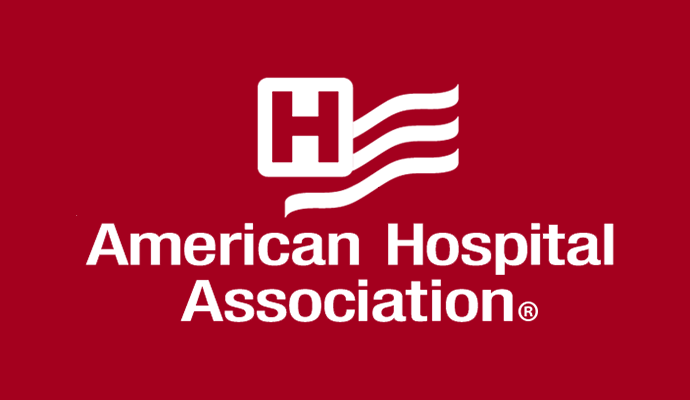AHA to Lawmakers: Add More to the COVID-19 Provider Relief Fund
The hospital group called on Congressional leaders to replenish the COVID-19 Provider Relief Fund as part of an upcoming spending bill, among other requests.

Source: American Hospital Association/Xtelligent Healthcare Media
- Congress should allocate another $25 billion to the COVID-19 Provider Relief Fund and relax spending rules as healthcare organizations deal with the repercussions of the Delta and Omicron variant surges, says the American Hospital Association (AHA).
Healthcare providers have not received any money from the fund for the expenses organizations faced from the new variants of the COVID-19 virus that spiked over the summer and winter, the hospital group explained in a Jan. 20th letter to Congressional leaders Charles Schumer, Nancy Pelosi, Mitch McConnell, and Kevin McCarthy.
“The lack of [Provider Relief Fund] dollars to address issues wrought by the delta and omicron surges has left many hospitals facing overwhelming financial and operational challenges,” Stacey Hughes, AHA’s executive vice president, wrote in the letter. “Compounding this issue has been uncertainty and confusion around the federal rules for previously allotted [Provider Relief Fund] funding that have hindered many providers from using the funds within the allotted timeframe.”
Congress has allocated $178 billion to the Provider Relief Fund through pandemic-related legislation to help healthcare providers with the added expenses and revenue losses from the ongoing COVID-19 pandemic.
The Health Resources & Services Administration (HRSA), which operates the fund, has distributed the majority of the money as of November 2021, including over $69 billion in general payments to healthcare providers. HRSA has also made more targeted distributions, including nearly $21 billion to providers in COVID-19 high-impact areas, and $13 billion to safety-net hospitals.
The Biden Administration is currently distributing another general round of payments to healthcare providers, as well as a targeted distribution to rural providers. HRSA reports that nearly $11 billion out of the $17 billion allocated for the Phase 4 general distribution have been given out at the time of this article’s publication.
Providers who accept the funds must agree to terms and conditions set by the government, including that eligible providers spend the money to “prevent, prepare for, and respond to coronavirus, and for related expenses or lost revenues attributable to coronavirus.” Providers must also use the funds for their intended purposes within a certain timeframe, depending on when they received the money.
AHA told lawmakers to extend those deadlines for using Provider Relief Funds and allow the money to be spent on “expenses associated with additional security measures and training to allow each of our nation’s hospitals to overcome its unique challenges.”
Hospitals and health systems are facing increased workloads as COVID-19 hospitalizations continue to increase across the country. The healthcare workforce is also experiencing higher rates of burnout and stress with rising COVID-19 numbers, the hospital group explained.
These challenges are creating a real need for immediate financial support from Congress and the Biden Administration. AHA called on Congress to also include in the omnibus budget agreement further relief from a schedule Medicare sequester, which is slated to reduce Medicare reimbursements to providers by 2 percent starting in April 2022. The sequester was previously halted during the COVID-19 pandemic and most recently by Congressional action in December.
AHA also urged Congress to address repayment of Medicare accelerated and advance payments, which many providers borrowed at the start of the pandemic to keep operations running when elective care stopped and revenue dwindled. The hospital group asked the top lawmakers to consider a six month postponement for repayment and allow for recoupment after repayment suspension at 25 percent of Medicare reimbursement for the next year.
Hospitals in the 340B Drug Pricing Program that experienced changes to the disproportionate share hospital (DSH) adjustment percentage over the past two fiscal years because of COVID-19 should also be able to retain program eligibility, the letter stated.
